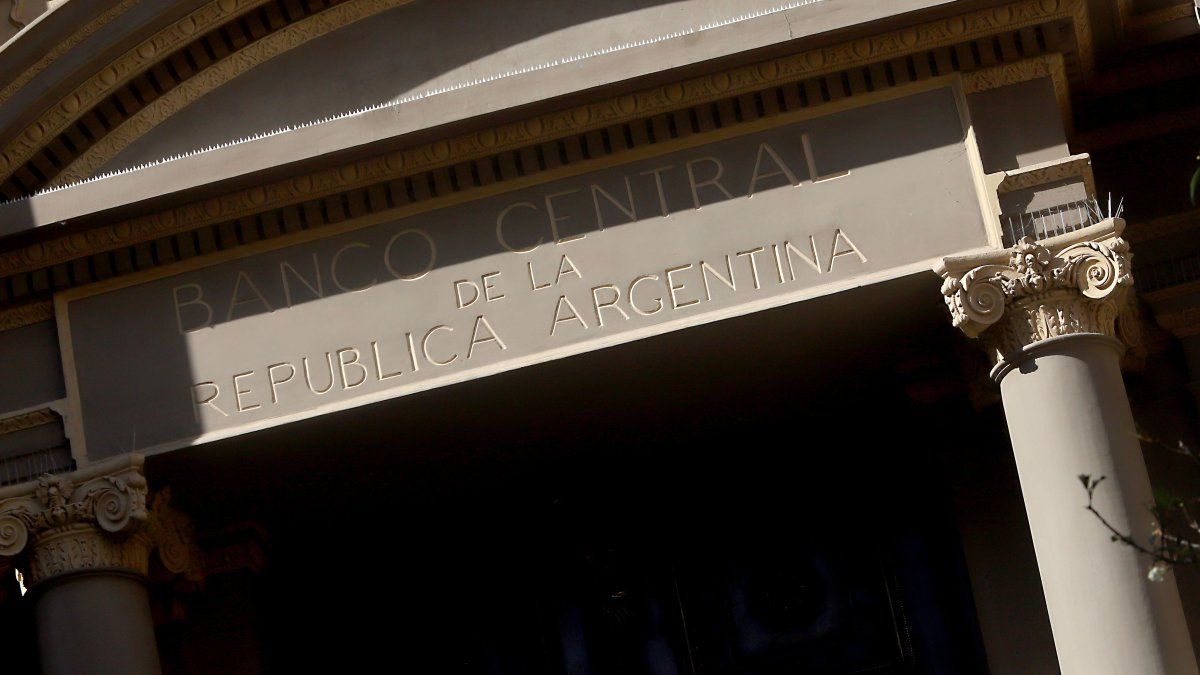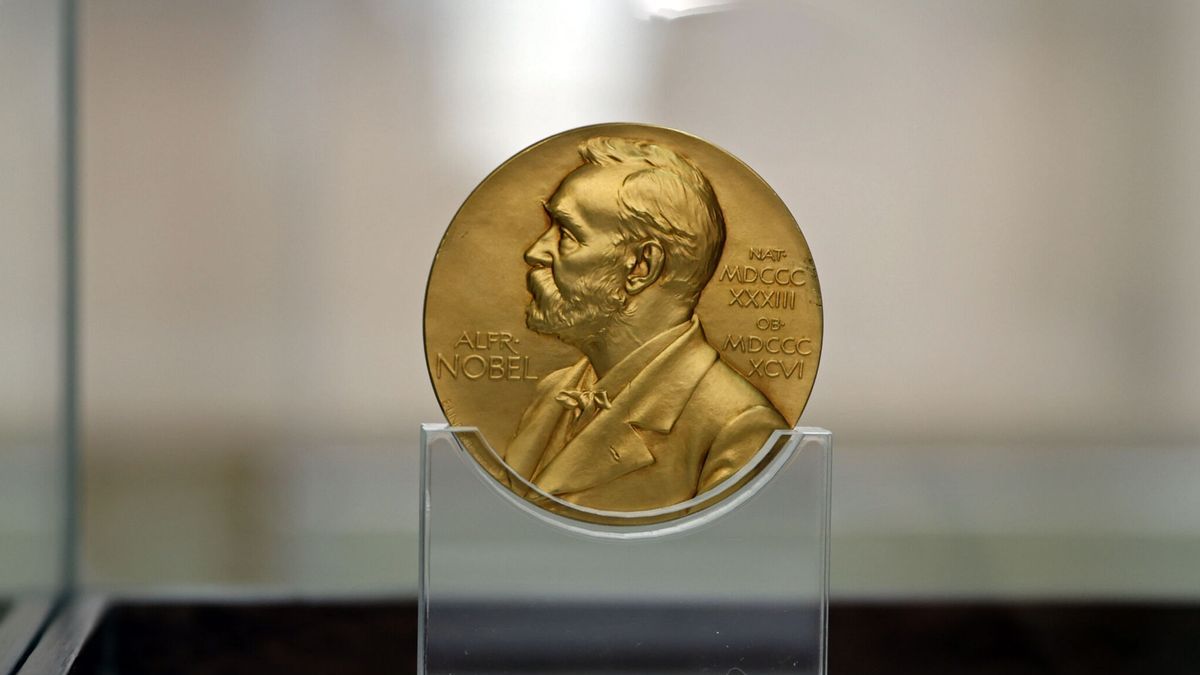Surprisingly, economic growth in Germany continued in the spring – albeit at a slow pace. The holes in the state budget are getting smaller. Nevertheless: According to economists, the winter half-year will be tough.
The cash situation of the German state has improved significantly in the first half of 2022, despite additional burdens as a result of the Ukraine war. At the same time, the economy surprisingly grew in the spring. In the first half of the year, the Treasury spent 13 billion euros more than it took in, as the Federal Statistical Office announced on Thursday based on preliminary calculations. In relation to total economic output, the federal, state, local and social security deficits were 0.7 percent. In the first half of 2021, the deficit was 4.3 percent.
Gross domestic product (GDP) grew slightly by 0.1 percent in the second quarter compared to the previous quarter. In a first estimate, the Wiesbaden authorities assumed that economic output would stagnate. “Despite the difficult global economic conditions, the German economy held its ground in the first two quarters of 2022,” said Georg Thiel, President of the Federal Statistical Office. In the first quarter of 2022, the German economy grew by 0.8 percent.
According to experts, economic growth is likely to weaken soon
According to economists, the German economy faces tough months due to the gas crisis. According to the Ifo Institute, private consumption as an economic driver will fail as the year progresses due to rising consumer prices. The Deutsche Bundesbank now considers a decline in economic output in the winter half-year to be “significantly more likely”. “The high level of uncertainty about the gas supply in the coming winter and the sharp price increases are likely to put a significant strain on private households and companies,” said the central bank’s most recent monthly report.
The Bundesbank assumes that the inflation rate in Germany could reach “an order of magnitude of ten percent” in the autumn. Energy price jumps as a result of the Ukraine war and rising food prices have been fueling inflation for months.
In the Corona crisis, the state supported the economy with billions. In the first pandemic year 2020, Germany therefore posted a budget deficit for the first time since 2011. In the past year, too, the Treasury spent more than it took in. The last Corona economic aid expired at the end of June 2022.
Because of the Corona crisis, the EU countries had suspended the rules of the Stability and Growth Pact for the first time, according to which the budget deficit must not exceed three percent and total debt must not exceed 60 percent of gross domestic product. The pact should take effect again in 2023. The EU Commission intends to present reform proposals in the autumn.
The Ukraine war exacerbated problems that were already troubling the German economy. Energy price jumps and persistent supply bottlenecks are burdening the industry. At the same time, the highest inflation in decades is tearing holes in the coffers of consumers. The federal government is trying to mitigate the economic consequences of the war for consumers and the economy. Chancellor Olaf Scholz (SPD) recently announced a third relief package.
Source: Stern
Jane Stock is a technology author, who has written for 24 Hours World. She writes about the latest in technology news and trends, and is always on the lookout for new and innovative ways to improve his audience’s experience.




